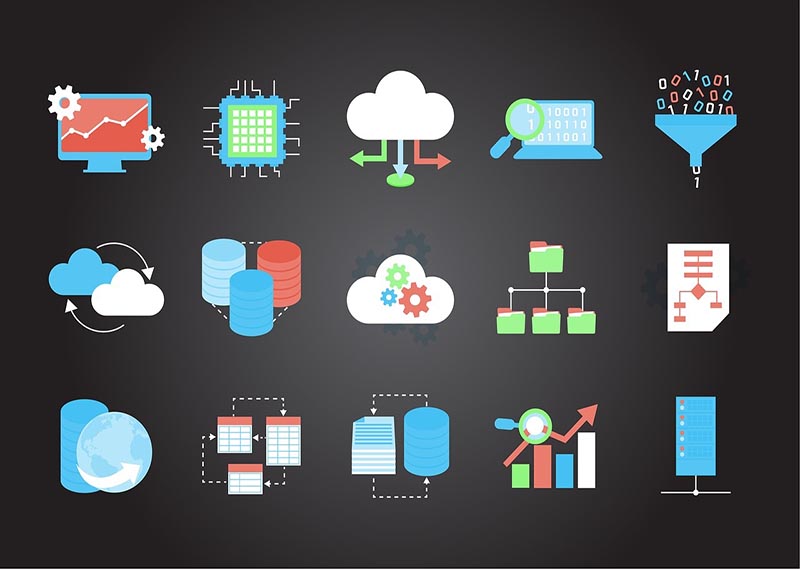Enabling Business Transformation Through Business Information Systems
Are you wondering what we mean by this title? Let me tell you. Over time business evolves, existing clients come along asking for new things, new clients come along asking for deliverables that are new to us, perhaps new market opportunities! And so, the systems we have, the processes we follow in the business and how clients ask us to engage with them; slowly but surely become out of alignment. The re-alignment of these elements into more efficient ways of working is what we refer to in the term, Business Transformation. We propose that you use business information systems as a catalyst in transforming your business operations.
For years projects relating to ERP or related business tools were run and driven by IT departments. It is interesting that over time organisations have realised implementing or upgrading primary business information systems should involve the whole business. IT departments perform more of a supporting role and where necessary now participate as a project team member.
Some companies are on the ball in this realm, maybe because they can be. There are many businesses that due to the uncertainty of Brexit, for example, feel obliged to hold on to their cash in the bank. Ultimately, these doubts are hindering many from breaking down the traditional boundaries and adopting digital technologies.
Actions speak louder than words
According to the Annual Manufacturing Report 2019 (Source: The Manufacturer):
- One in four survey respondents currently have no digital plans
- 26% of companies have smart factory technologies on their radar but are unsure how to implement them
- 74% of respondents accept they’ll need to adopt digital technologies to prosper due to the estimation by 2025 that the global worth of Internet of Things technology will reach $6.2 trillion
- One of the biggest benefits according to 74% of respondents, smart factory technologies will be used to streamline internal company processes from shop floor to admin
The lines between IT systems such as ERP and other business systems have become increasingly blurred. The migration to business information systems is ever more evident.
Moreover, rightly so, because integrated systems such as ERP affect every function in the organisation. These business information systems produce valuable results that unfortunately traditional methods can’t give. However, these systems require people from all duties to actively involve themselves to get the most from the technology.
Spending on implementing business systems today does not always require vast amounts of money, at least not for the average SME. Spending wisely is essential, i.e. the right business tools and the right supplier. Equally important is employee motivation and training. Often, participating in a business transformation project can provide motivation and educate staff in the virtues of the new system. Workers understanding what it means for them and the business adds a further level of motivation and commitment to make it happen.
Upon reflection
Investing in education will be profitable for your business. Businesses forget about training during the implementation of a modern ERP system, with its many aspects and functionality. There is an expectation that staff will be able to work with the new systems. This expectation is not only false but can be detrimental to the success of the new business system. Not just detrimental to its implementation, but its future ability to deliver the expected output and improvements.
The numbers from the report are interesting. Take into consideration that there is a significant change ahead likely to impact most manufacturers in one way or another. Investing in business transformation will result in robust and fully documented business processes, with the support of well-implemented business systems, such as ERP. The change must be led by well educated, fully trained functional teams and consultants. It is the only way to guarantee success for the future. It will also empower businesses to confront business challenges and market environments confidently.
If you would like to find out more about how we can help to nurture your business through its transformation, then contact us today on +44 (0) 1282 463710.
How about learning more about Gradient and why you should let us help you by clicking here.

